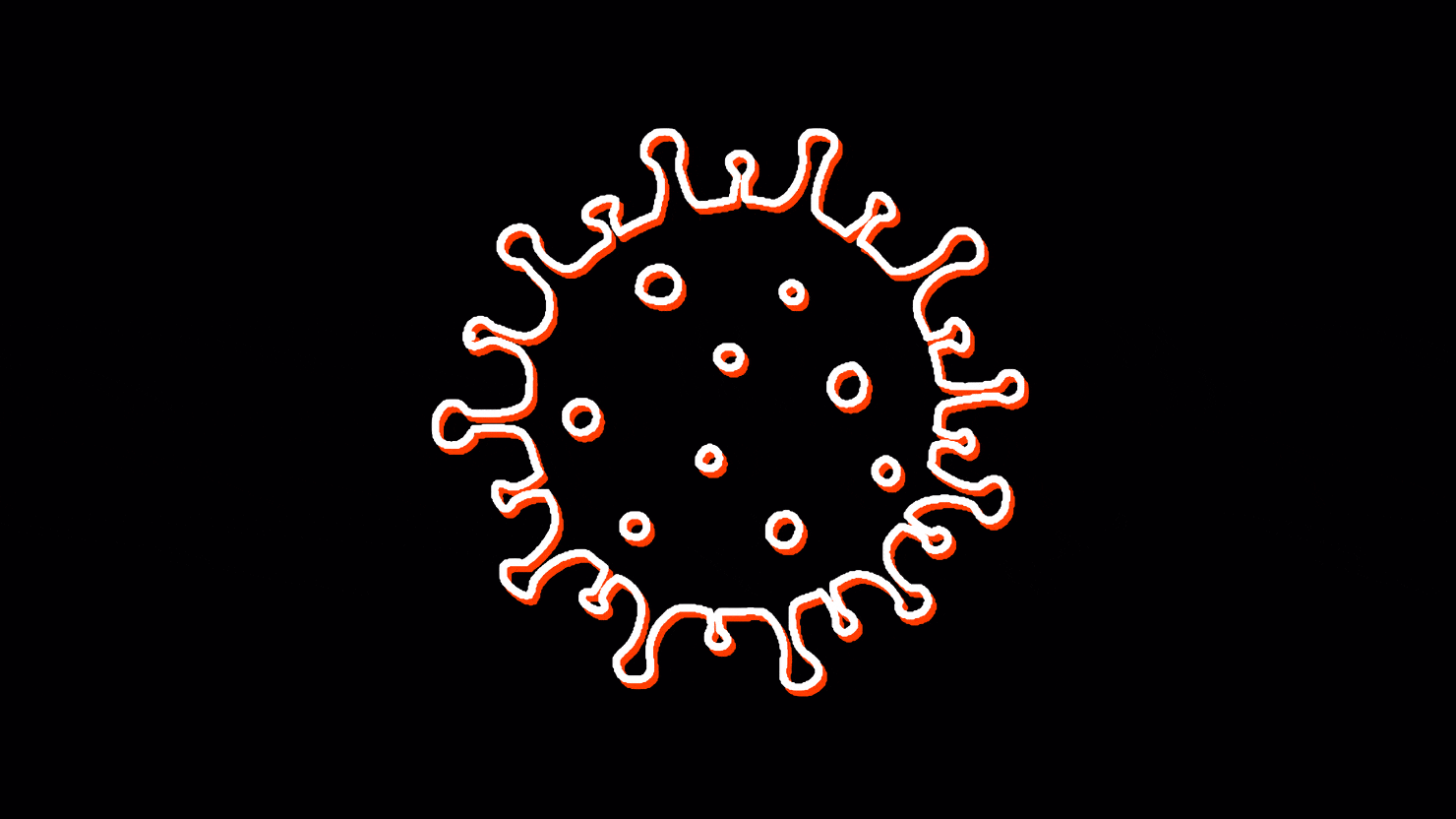The new variants from the UK, South Africa and Brazil have arrived and COVID-19 is about to get a lot worse in America. It could hit our black communities hardest – unless we come up with a new plan to prevent a potentially catastrophic increase in deaths and long-term illness.
Last year, we quickly learned that the black population was disproportionately suffering compared to most other groups in the United States. About 56,000 Black people have been recorded to lose their lives as a result of COVID-19, and this figure is probably an under-number. This number represents 16 percent of all documented COVID-19 deaths across the country, surpassing the percentage of black Americans in the U.S. population. One in 792 black Americans has died from the coronavirus, about three times as many as among whites. Black people are also much more likely to contract COVID-19 or require hospitalization.
Equally troubling, at least early in the pandemic, black Americans seemed to die from COVID-19 at a younger age compared to the rest of the American population. While 13 percent of the white deaths investigated by the CDC were under the age of 65, 30 percent of the non-white deaths fell into that age bracket.
The reasons for the high rate of serious illness and death at a younger age require more in-depth investigation. They are likely to include higher exposure rates due to the essential nature of work in low-income neighborhoods linked to construction sites or small businesses, and possibly viral infections among homeless and detained populations. There are also significant rates of diabetes, hypertension, kidney disease, and obesity among black populations.
The bottom line is that we are losing thousands of black moms, dads, siblings in their 40s, 50s, and early 60s to COVID-19. We are moving into a new reality where, soon, most black people may know personally someone who lost their life to COVID-19.
Our best hope to prevent further destruction is through vaccination. But there too we are failing black families.
While vaccination data is not yet widely available in many states, it already appears that black Americans are lagging behind white. A new analysis from Kaiser Health News in 16 states shows that white residents are significantly faster than black residents, often by a factor of two or three times, in terms of immunization rates. For example, in Mississippi, a state with a 38 percent black population, only 18 percent of those vaccinated were black.
A major problem is the lack of access to vaccines. Under President Trump, our national COVID-19 vaccination program depended heavily on hospital and pharmacy chains, although many poor neighborhoods no longer serviced community hospitals or became “ pharmacy deserts. ” Hospital closures in segregated communities are well documented, and a 2014 study in the prestigious Health matters policy journal highlights the desertification of pharmacies in segregated Chicago communities.
In addition to inadequate access to health care and pharmacy, the high rates are vaccine refusal or hesitation. A recent study I participated in, published in Social sciences and medicine and led by Dr. Tim Callaghan of Texas A&M University, found that 31 percent of Americans were not planning to get vaccinated against COVID-19 – with black people being 40 percent more likely not to attempt an immunization. Among the main reasons cited were fears about the safety and efficacy of the COVID-19 vaccine, as well as the cost and lack of health insurance. A previous Kaiser study had similar findings.
A perfect storm is brewing in black communities across America. The increased exposure to COVID-19 in low-income neighborhoods, high rates of comorbidities and deaths among younger age groups, lack of access to vaccines and vaccine refusal, all work to ensure that adult black people suffer devastating losses.
And now we are faced with the impact of emerging variants.
The variants have already taken hold in 32 US states and could beat the existing variants in the coming weeks. COVID-19 is about to become even more contagious and potentially deadly. In the spring, the new COVID-19 variants could cause a historical decimation of black communities.
In addition to the infrastructure issues needed to improve health systems in low-income communities, we need to take steps to quickly immunize black Americans ahead of the variants. The Biden administration has put forward a solid plan to achieve equality in communities of color – and to vaccinate the American people by fall. But now that the variants are increasing strongly, we have too little time and we must have a national vaccination campaign completed by the summer. Avoiding a long path to destruction requires immediate expansion of access to vaccines in black communities.
We also need to communicate effectively about the dangers of COVID-19 to black Americans, especially those of middle age who would otherwise succumb to the virus in large numbers. This includes addressing Tuskegee’s gruesome legacy in the 20th century and reassuring the black community that COVID-19 vaccination is not a twisted experiment.
Our message: vaccination is the only sure way to prevent hospitalization, admission to the ICU or death.
There is also another important element at play. In 2019, anti-vaxxer groups specifically targeted communities in Harlem, New York, with a disinformation campaign, much like they did with the Somali immigrant community in Minnesota in 2017 and Orthodox Jewish groups in New York in 2018 and 2019. Vaccination may be a consequence are a result of the 2019 Harlem anti-vaxxer rallies. In response, scientists and physicians must make efforts to reach the black public through radio programs, podcasts and zoom calls.
We must counter the terrible claims of anti-vaxxer groups and make this a national priority in order to prevent dramatic losses of human life on an almost unimaginable scale.
